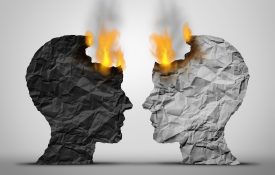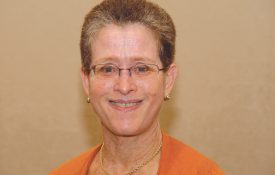-

How to Learn What Not to Study
To avoid overestimating your abilities, reflect on past learning rather than trying to guess how you’ll perform in the future.
-
Three Approaches to Understanding and Classifying Mental Disorder: ICD-11, DSM-5, and the National Institute of Mental Health’s Research Domain Criteria (RDoC)
Psychological Science in the Public Interest (Volume 18, Number 2 ) Read the Full Text (PDF, HTML) When people go to a clinician for mental-health assistance, the diagnostic process can often seem quite straightforward: Patients discuss their symptoms, and the clinician then matches those symptoms to a disorder and devises a treatment. However, this simplified view of the diagnostic process belies the complexity inherent in understanding, classifying, and diagnosing psychiatric phenomena. In this issue of Psychological Science in the Public Interest (Volume 18, Issue 2) Lee Anna Clark, Bruce Cuthbert, Roberto Lewis-Fernández, William E. Narrow, and Geoffrey M.
-

Is There an Ideal Number of Health Messages to Prompt New Habits?
Intending to follow through with health recommendations may depend on how many suggestions your doctor gives.
-

Contagious Anxiety in Inter-Race Interactions
Simply interacting with someone with a racial bias could cause one to ‘catch’ that anxiety and feel secondhand stress.
-

Sternberg Receives Grawemeyer Award for Intelligence Research
APS William James Fellow Robert J. Sternberg has won the 2018 University of Louisville Grawemeyer Award for Psychology for his research on intelligence and education. Sternberg, a professor of human development at Cornell University and
-

Klatzky Named a Fellow at IEEE
APS Board Treasurer Robert Klatzky’s pioneering work on human perception in robotics and virtual environments has earned her Fellow status with the world’s largest organization of technical professionals.

